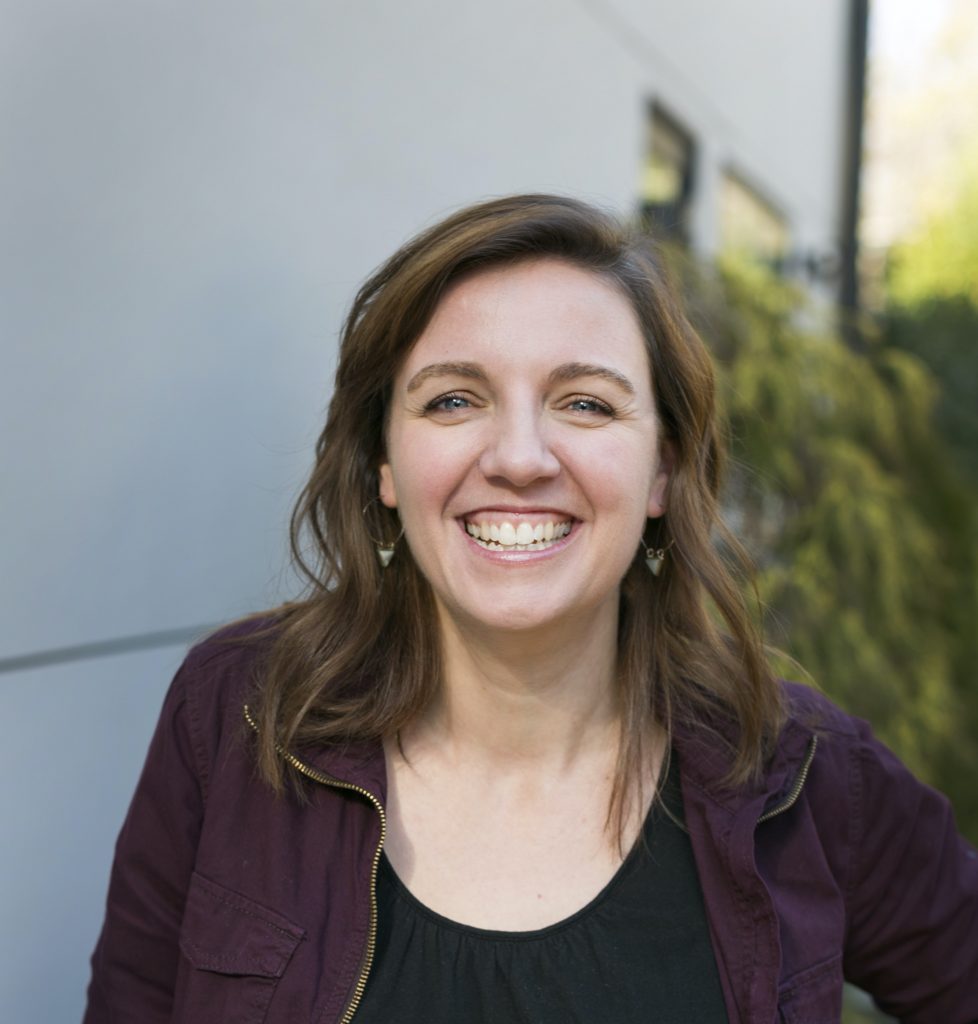Several months ago, a counselor said something that has stuck with me. She told me, “Both can be true.” I have held onto these words in the past few months as a tangible way to remind myself of the tension and the reality in our day-to-day world.
For the past couple years, my husband and I have been focused on building a business in his home country of Guatemala, seeking to provide employment for local residents. But, due to COVID-19, all of our work was cancelled and capital quickly dried up. As a result, we’ve had to let go of the business. The grief has been so real. And yet, I struggled to know how to feel it in the midst of a global pandemic and economic recession when our family is healthy and employed. But I can be grateful for what I have and disappointed about what I’ve lost. Both can be true.
In June, Rayshard Brooks was killed by police at my neighborhood Wendy’s. The restaurant was later burned down. On the 4th of July, I shared how I can be patriotic and want our country to address her glaring need for real change. Both can be true.
Next week, my kids “start” school. This weekend, we’re building a workspace in our living room. Moms and dads and teachers all over the country are battling a million emotions about this topic. I am allowing myself to rest in the nuanced tension. I can be concerned about my state’s rising COVID numbers and grieve that my kids aren’t going back to school. I can care about the physical health of my community and also about its mental health and economic well-being. Both can be true.
Last week, the Department of Homeland Security issued a new memo impacting “Dreamers,” immigrants brought to the U.S. as children. On one hand, I’m relieved that the administration has (at least for now) decided not to again attempt to fully rescind DACA, which news reports had suggested was coming. On the other hand, the memo means new hardships for DACA recipients, including filing renewals and paying hefty fees every year, rather than every two years, and barring new applicants to DACA, which we’d presumed based on the June Supreme Court decision would re-open. It’s a relief and it’s frustrating. Both can be true.
Too often, we are pressured to reduce life to binary choices with simple answers. Are you for or against? Left or right? Which side are you on?
But we do not have to neglect the nuance. I honestly think it’s inauthentic to pretend we have no doubts, no questions, no wavering or wondering. It’s also dismissive of those around us to assume that because they share one point of view that it’s the sole perspective they have on the issue.
I recently had a conversation with someone who had an influence on my childhood faith. When she heard I’d written a book, she asked what it was about. I tried not to answer. But eventually, I told her it was about immigration and faith. She immediately asked if I was “all about open borders.” I may have sighed.
I can care about reasonable border security and advocate for making a safe place to welcome asylum seekers. I can believe in the rule of law and want to see Dreamers have a permanent solution. I can support people going through the immigration process “the right way,” while also acknowledging that we’ve made “the right way” very narrow and there’s room to make it simpler and more welcoming. These things can all be true.
We benefit from holding the right amount of tension. It’s good that we have more than one political party. It’s helpful that people have different points of view than our own. These push and pull factors in society help us foresee challenges we otherwise wouldn’t, think creatively, and problem-solve together. I believe we have an opportunity to be an example of holding space for the both/and. Sometimes two truths that others may want to be contradictory hold hands and help us to walk forward with strength.
Both can be true.

Sarah Quezada is a writer, speaker, and advocate. She has a master’s in sociology and wrote Love Undocumented: Risking Trust in a Fearful World. She also oversees the fast-growing online community Women of Welcome, a project of World Relief and the National Immigration Forum. She and her husband Billy live in Atlanta, Georgia and are raising two bicultural and trilingual-ish kids. Find Sarah on Instagram at @sarahquezada or her website sarahquezada.com.

